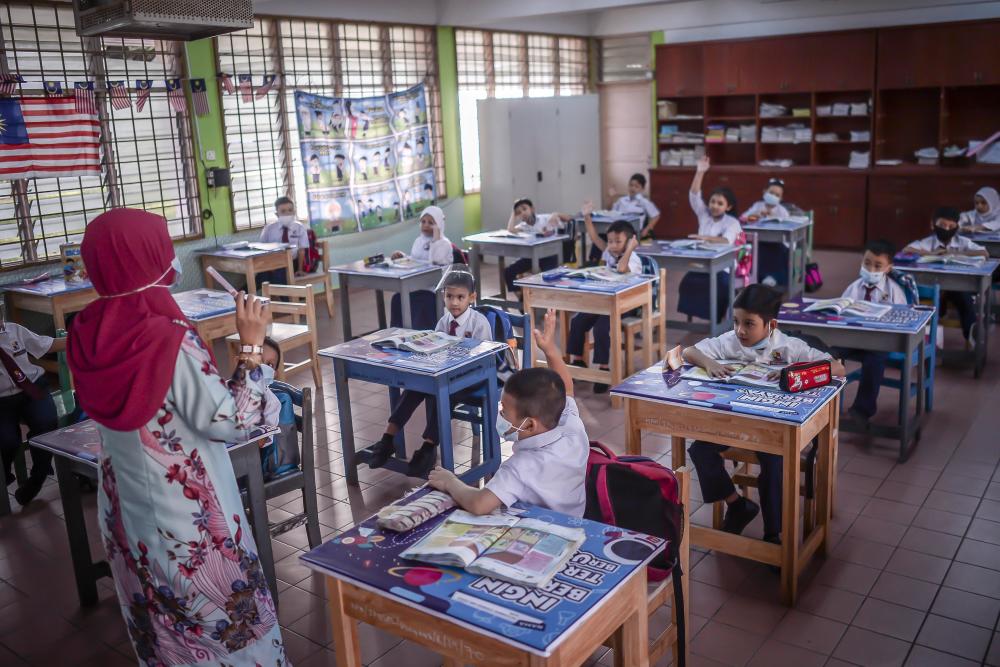KUALA LUMPUR: The implementation of the Malaysia Madani concept which also touches on the need to explore aspects of education is an effort to improve the dignity of the people and the country, says National Muslim Students Association of Malaysia (PKPIM) president Ahmad Farhan Rosli.
He said that the element of education was given emphasis in order to build a knowledge-rich culture in Malaysia.
“It is not enough to only understand the six pillars of the Malaysia Madani concept, but also the eight other instruments such as the economy, finance, law, institutions, education and so on.
“I think this is indeed a big ‘reset’ framework that Prime Minister Datuk Seri Anwar Ibrahim wants to put in place because we are not only dealing with economic and educational problems but also dealing with systemic problems that need to be fixed,“ he said when appearing as a guest on the ‘Ruang Bicara’ programme broadcast by Bernama TV on Jan 20.
Ahmad Farhan said the key pillar of the Madani concept was the fifth one, namely confidence, whereby Malaysia would be able to excel if the people’s confidence in the government and the government’s confidence in the people’s potential was strengthened.
Meanwhile, Institute of Islamic Understanding Malaysia (IKIM) director-general Assoc Prof Dr Mohamed Azam Mohamed Adil said the yardstick to measure the effectiveness of the Madani concept was to see if the country’s position in the Corruption Perception Index (CPI) could be improved, thus restoring the confidence of foreign investors as well as the general public.
“When talking about confidence, if the country’s position continues to fall in the CPI, then the problem that will occur in the country is as what the Prime Minister mentioned, namely about leakages.
Yesterday, Anwar introduced the Malaysia Madani concept based on the six pillars - sustainability, prosperity, innovation, respect, trust and compassion - in an effort to steer the nation and regain the country’s dignity and glory on the world stage.
Madani is targeted to be the basis for each core value that will be explored to strengthen the eight requirements namely economy and finance, legislation, institutions, education, community, culture, urban and rural. - Bernama









